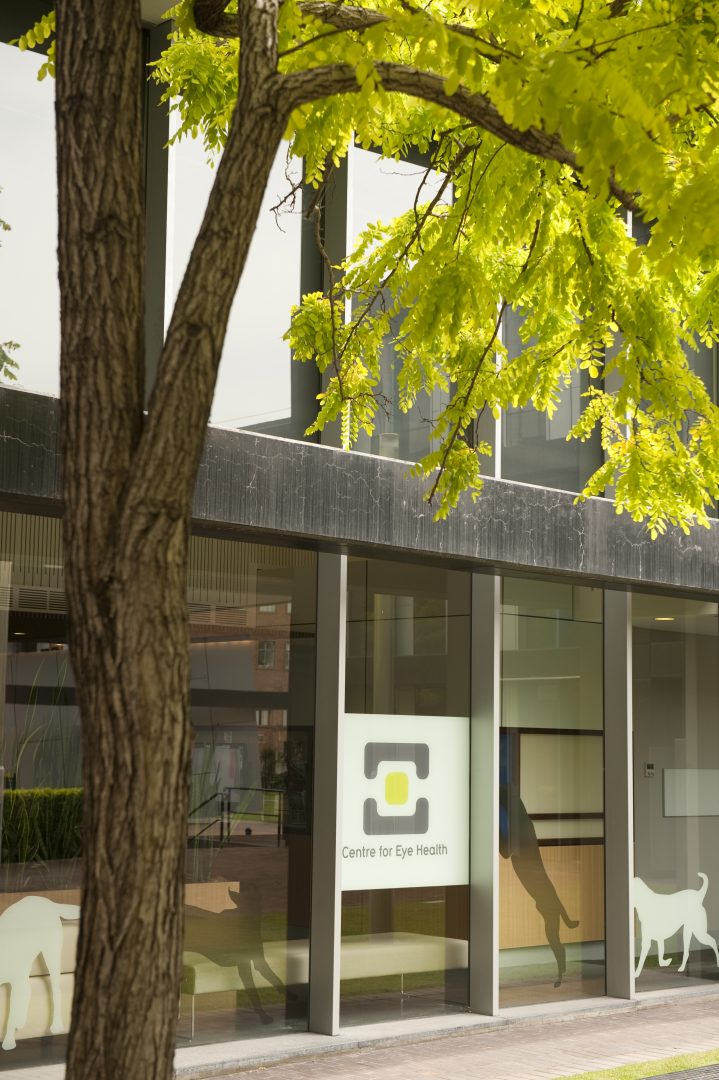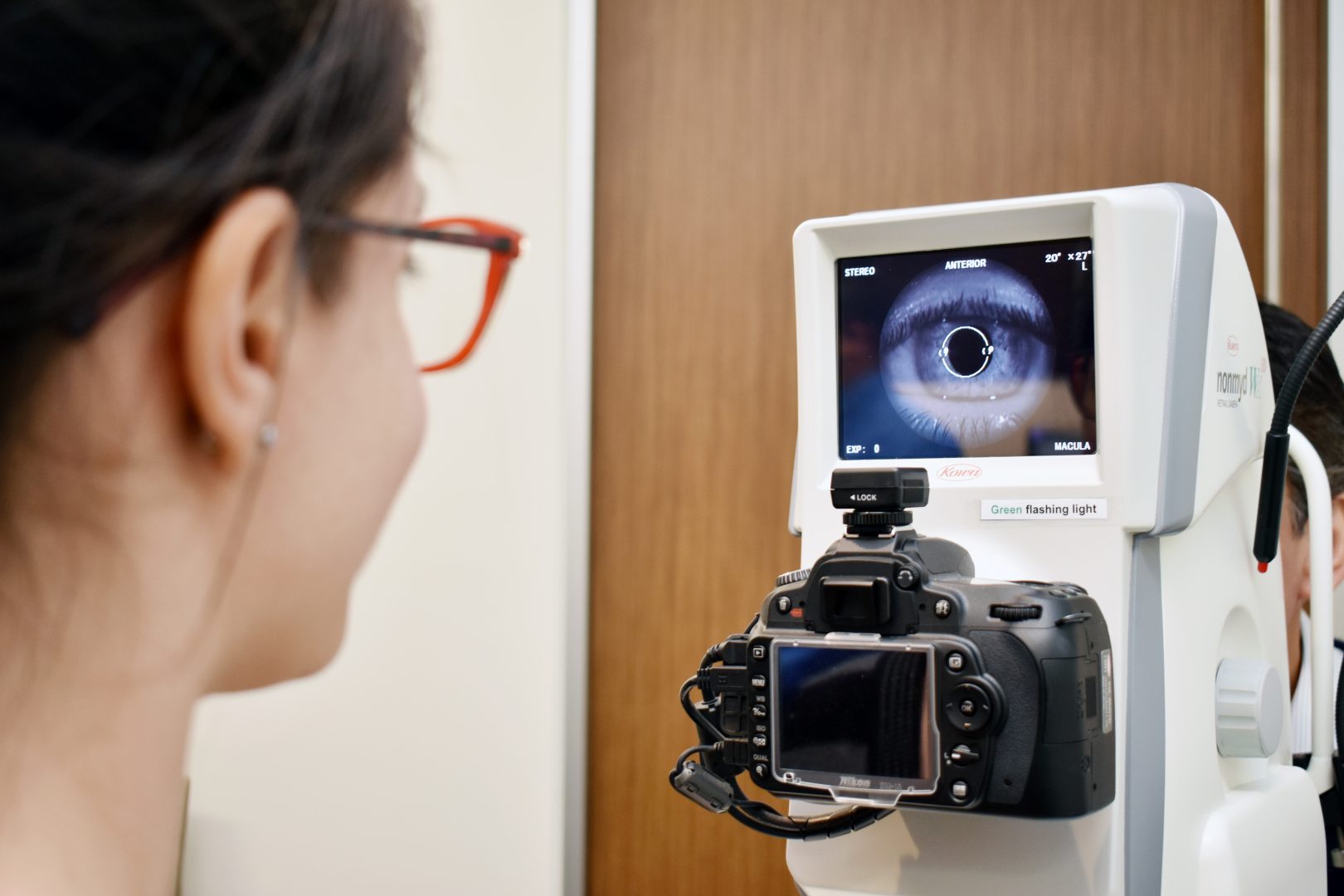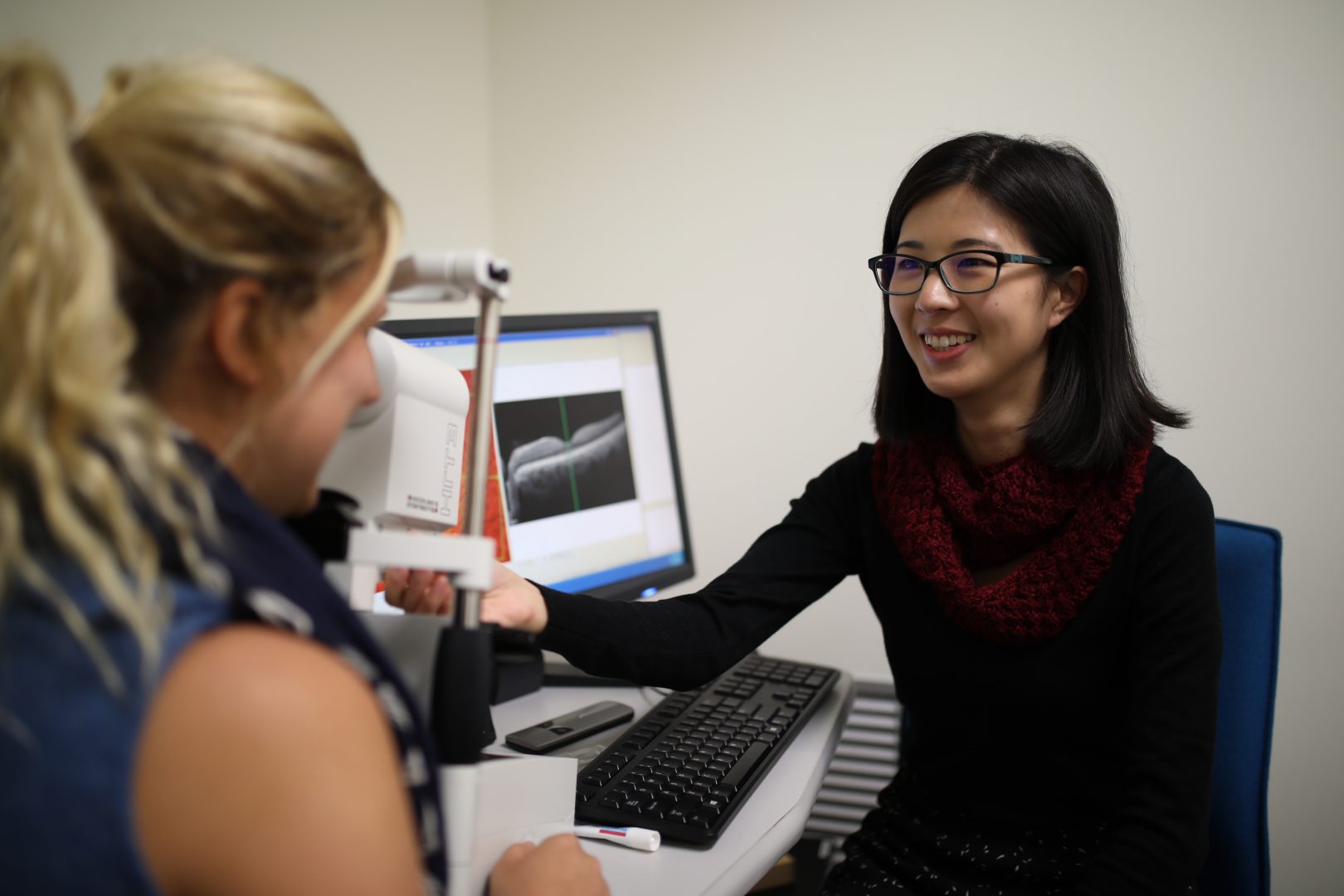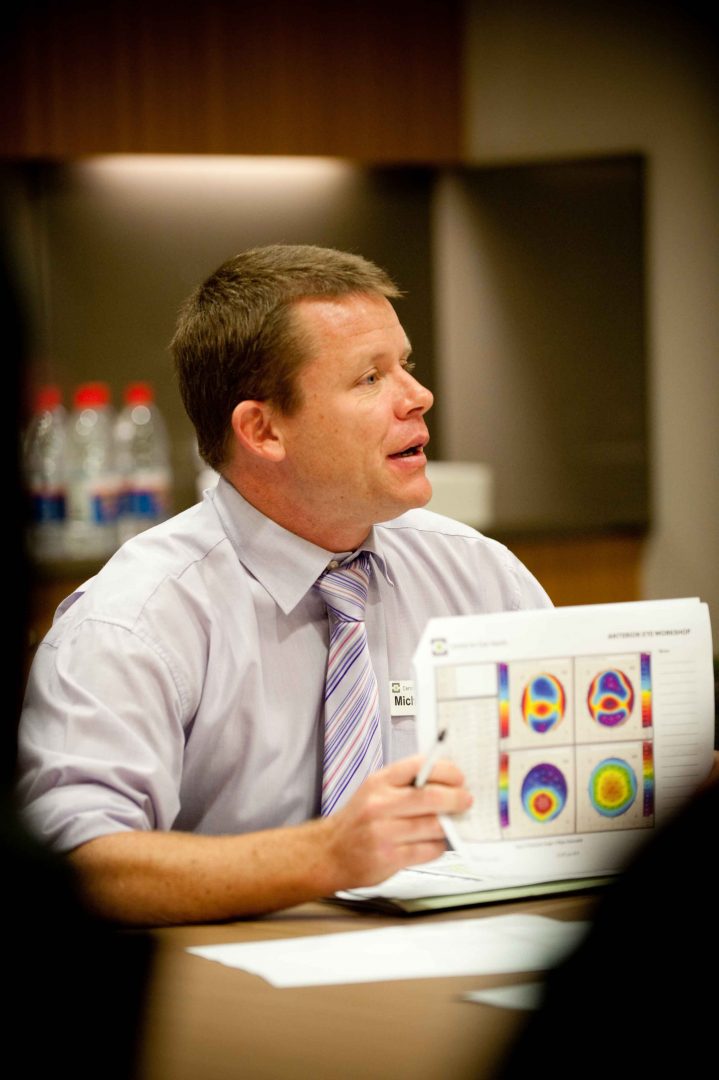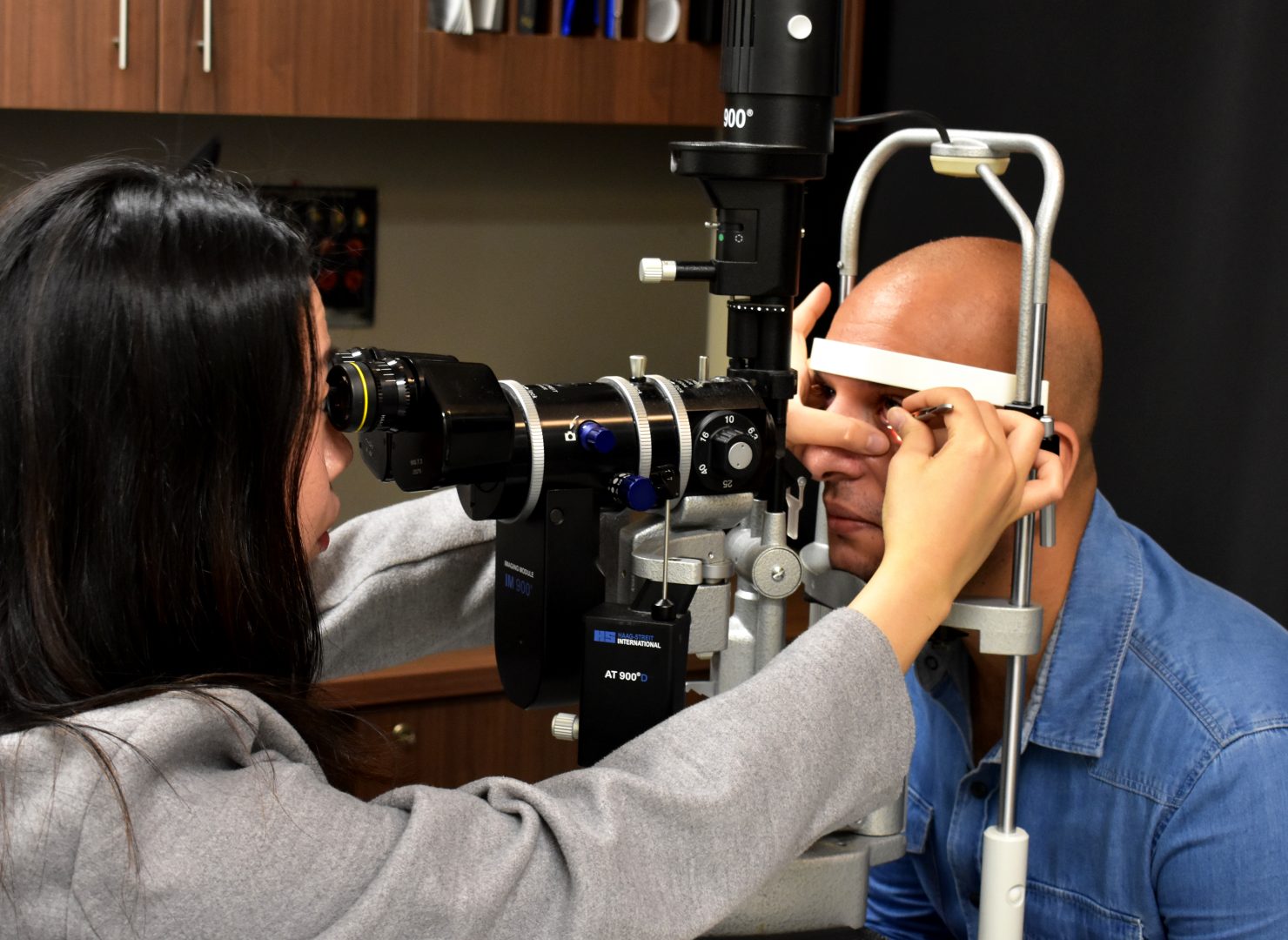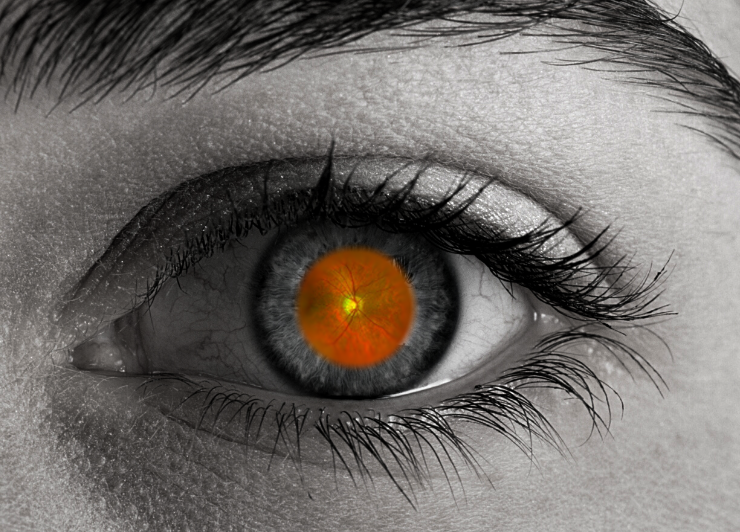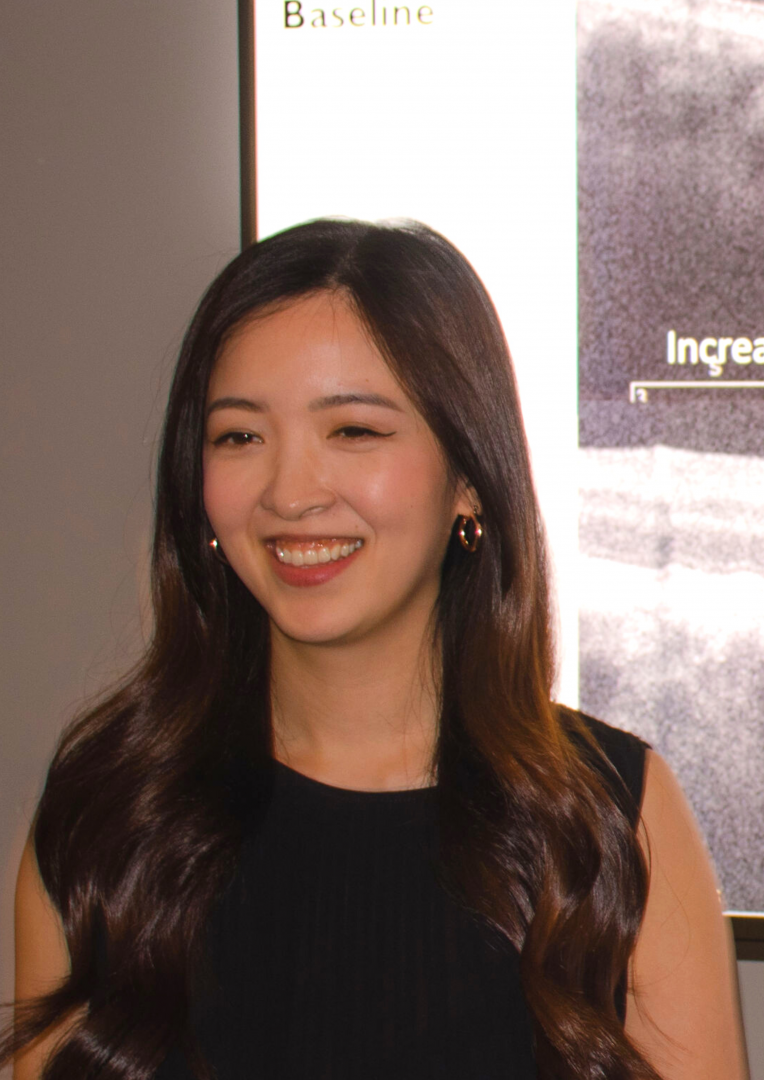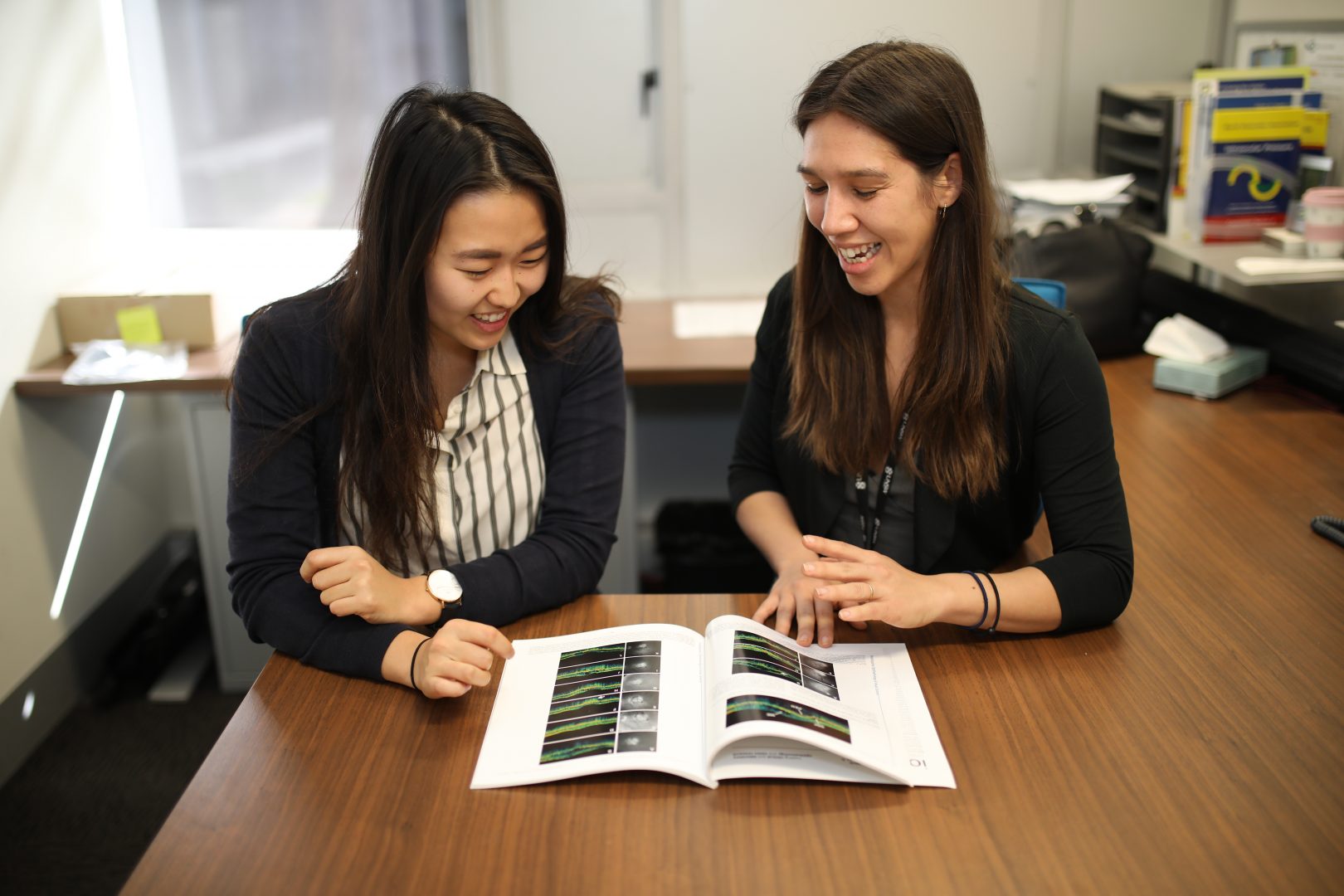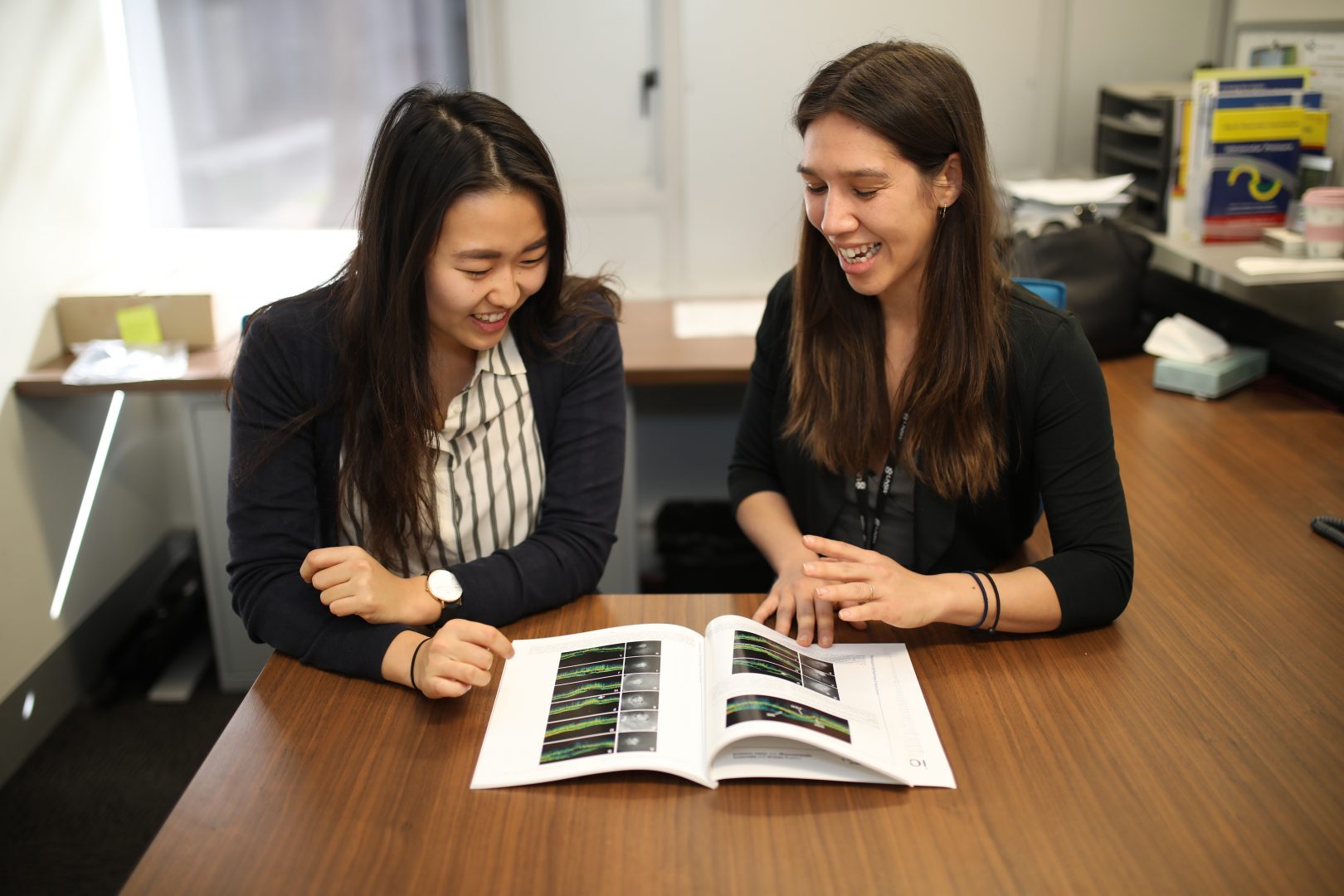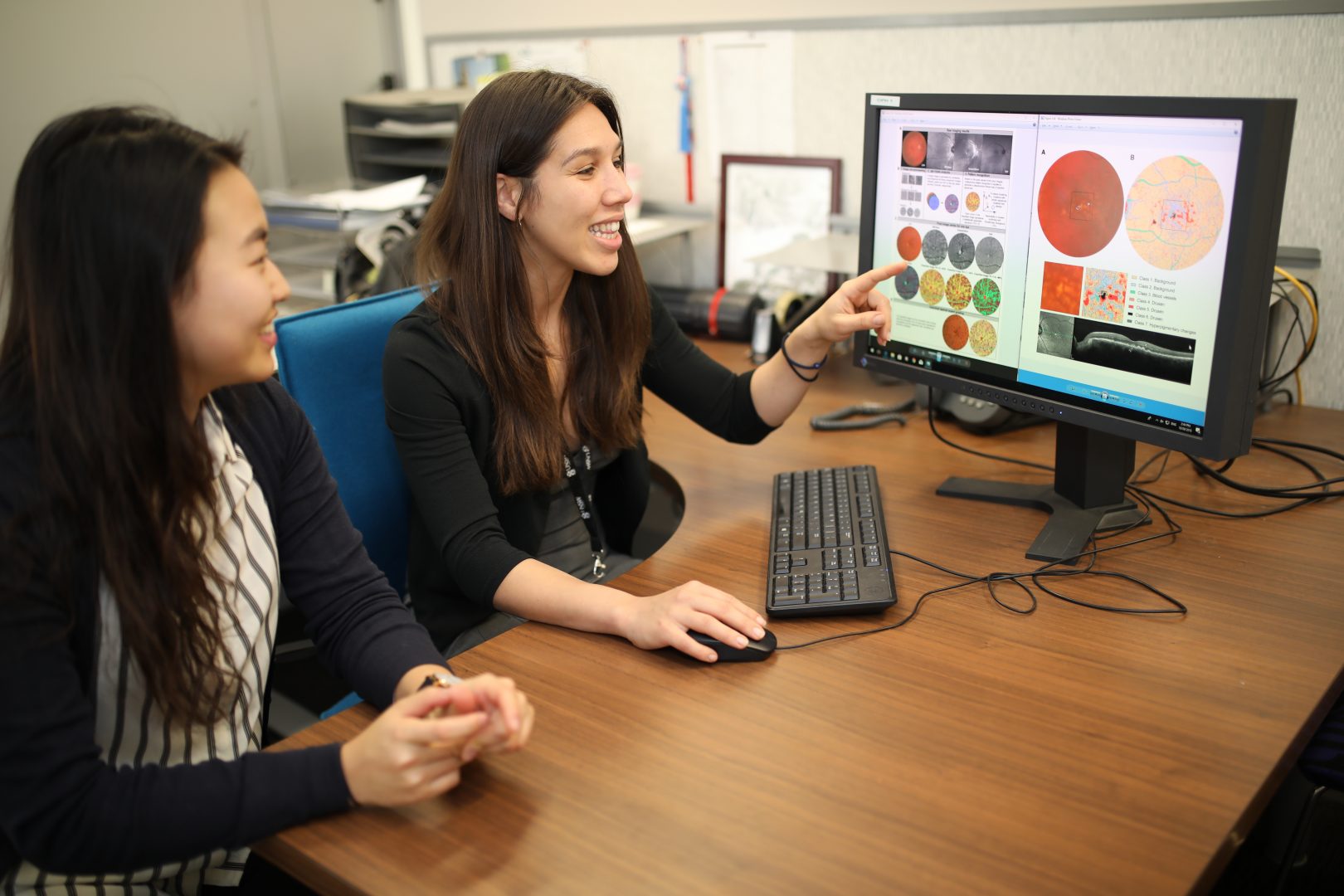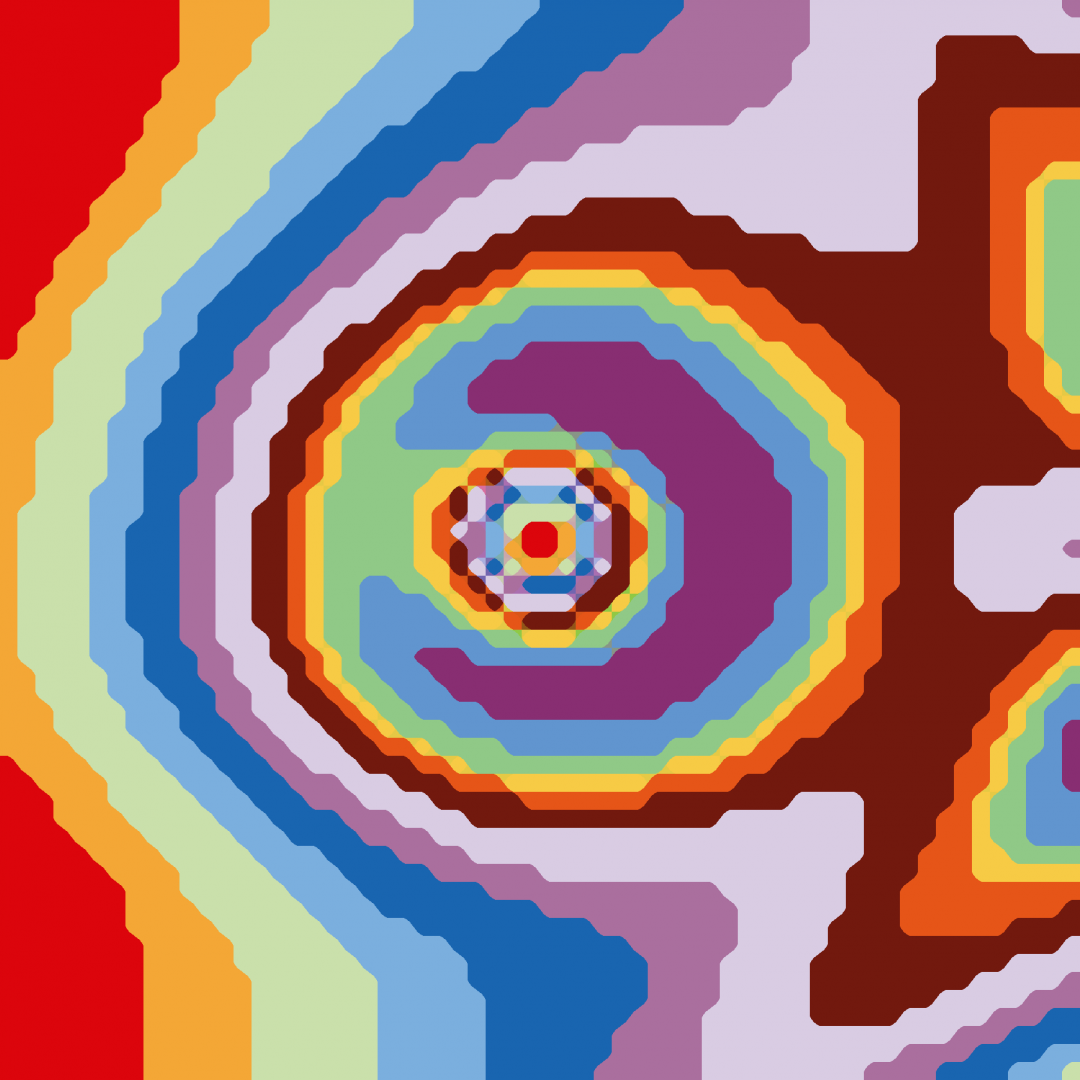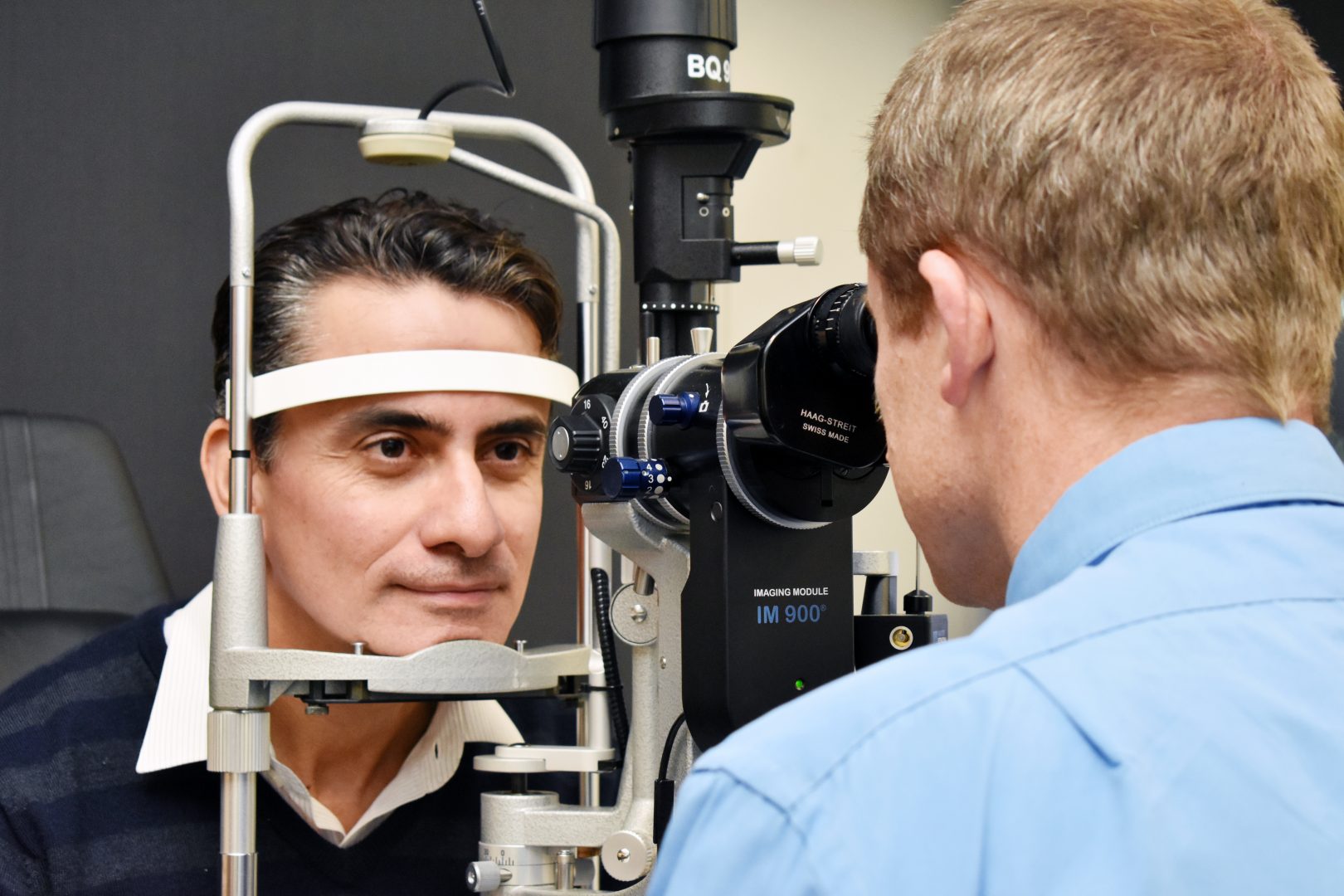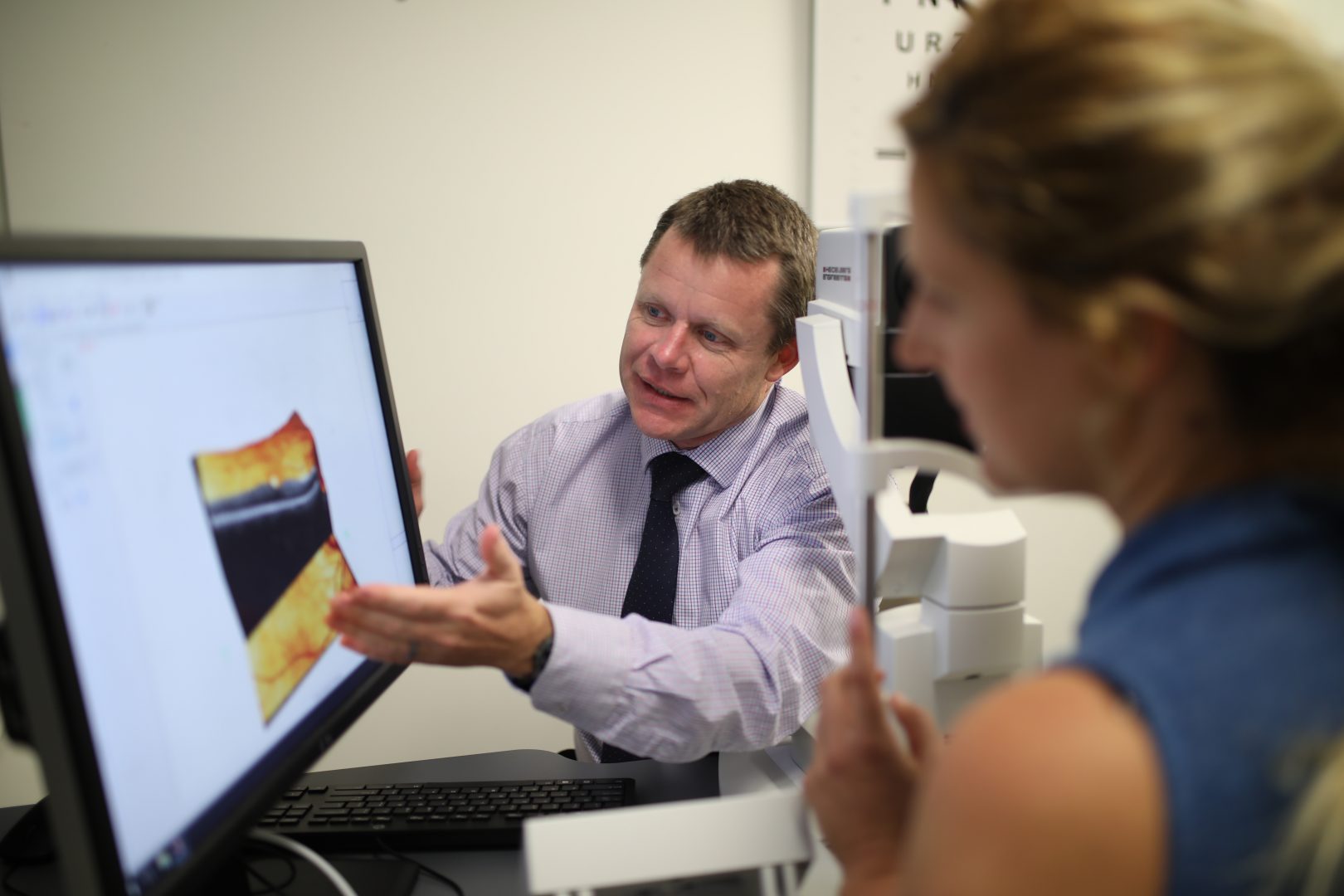
- Refer a Patient
- Referral Types
- Patient Information
- Overview of CFEH Clinics
- CFEH Instrument List
- Our clinical team
- Causes of Vision Loss
- Patient Forms
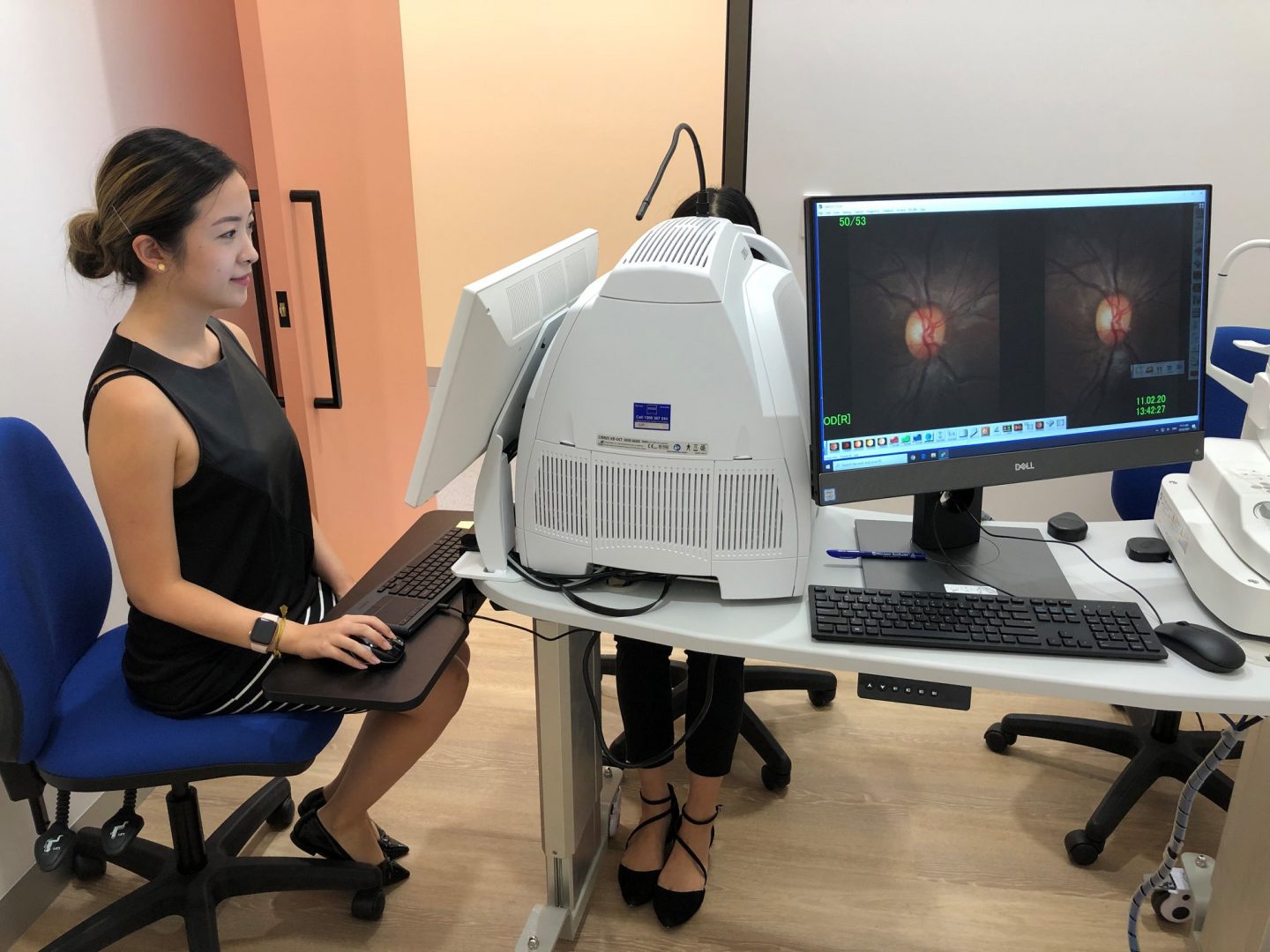
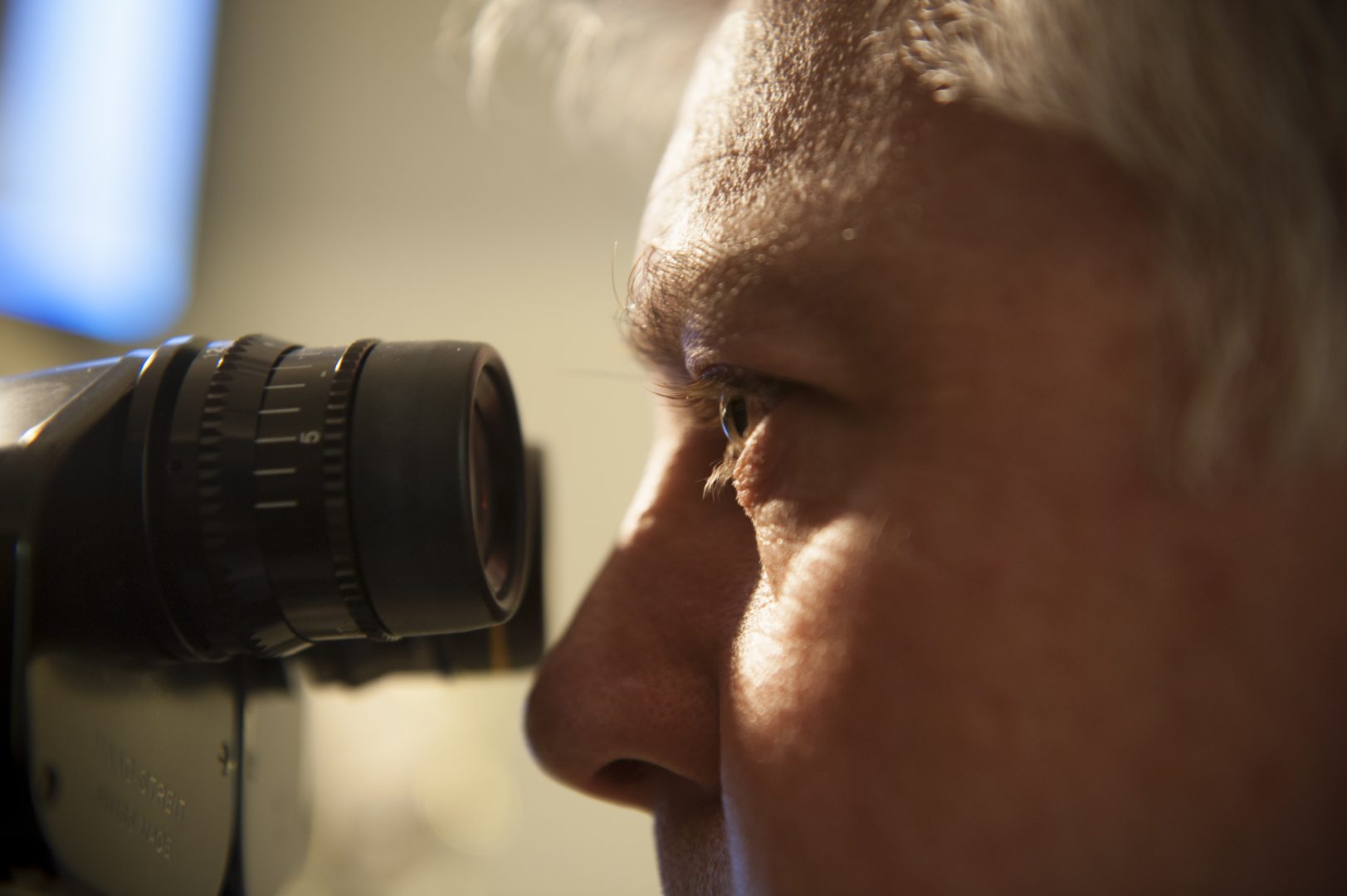
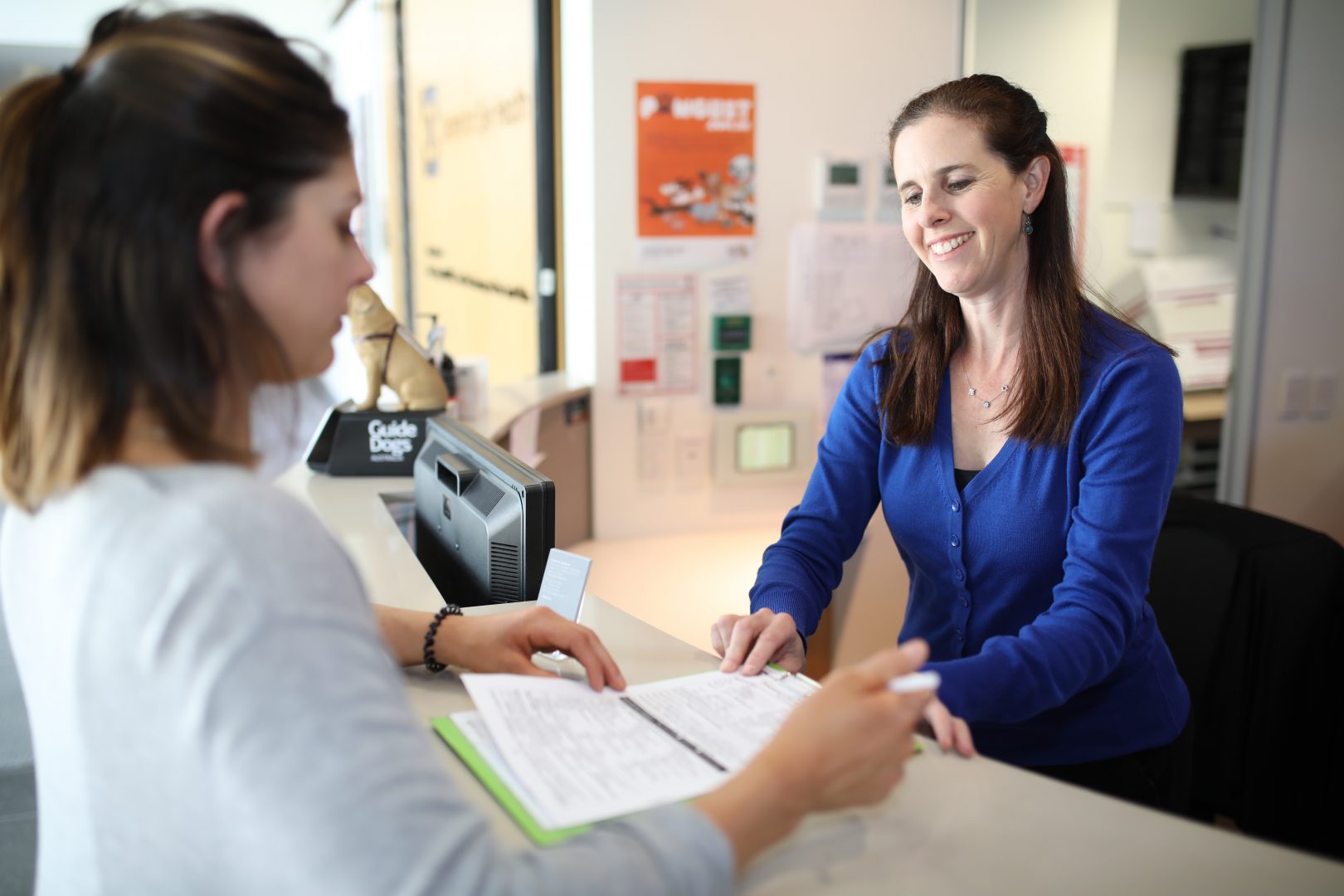
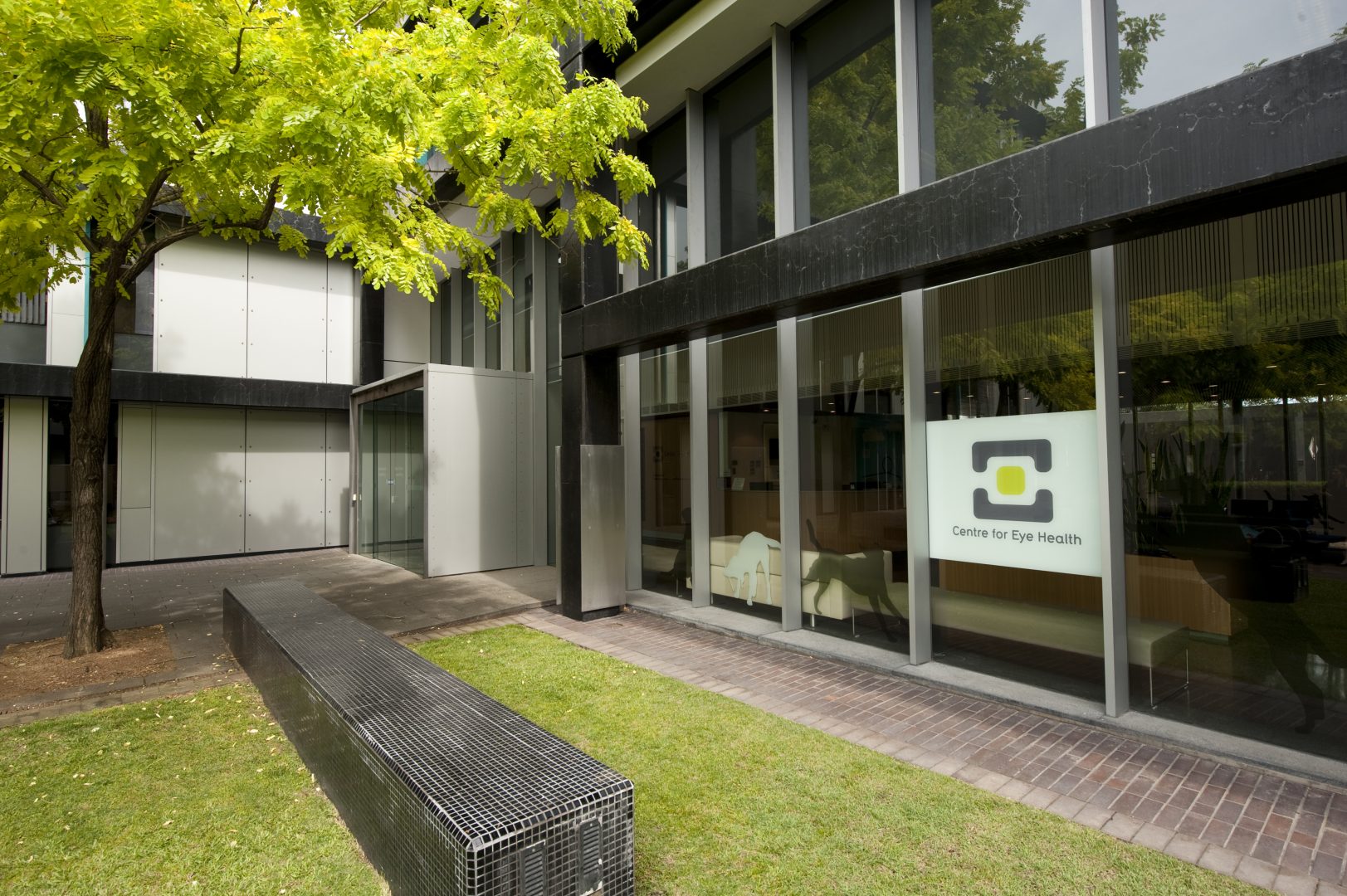
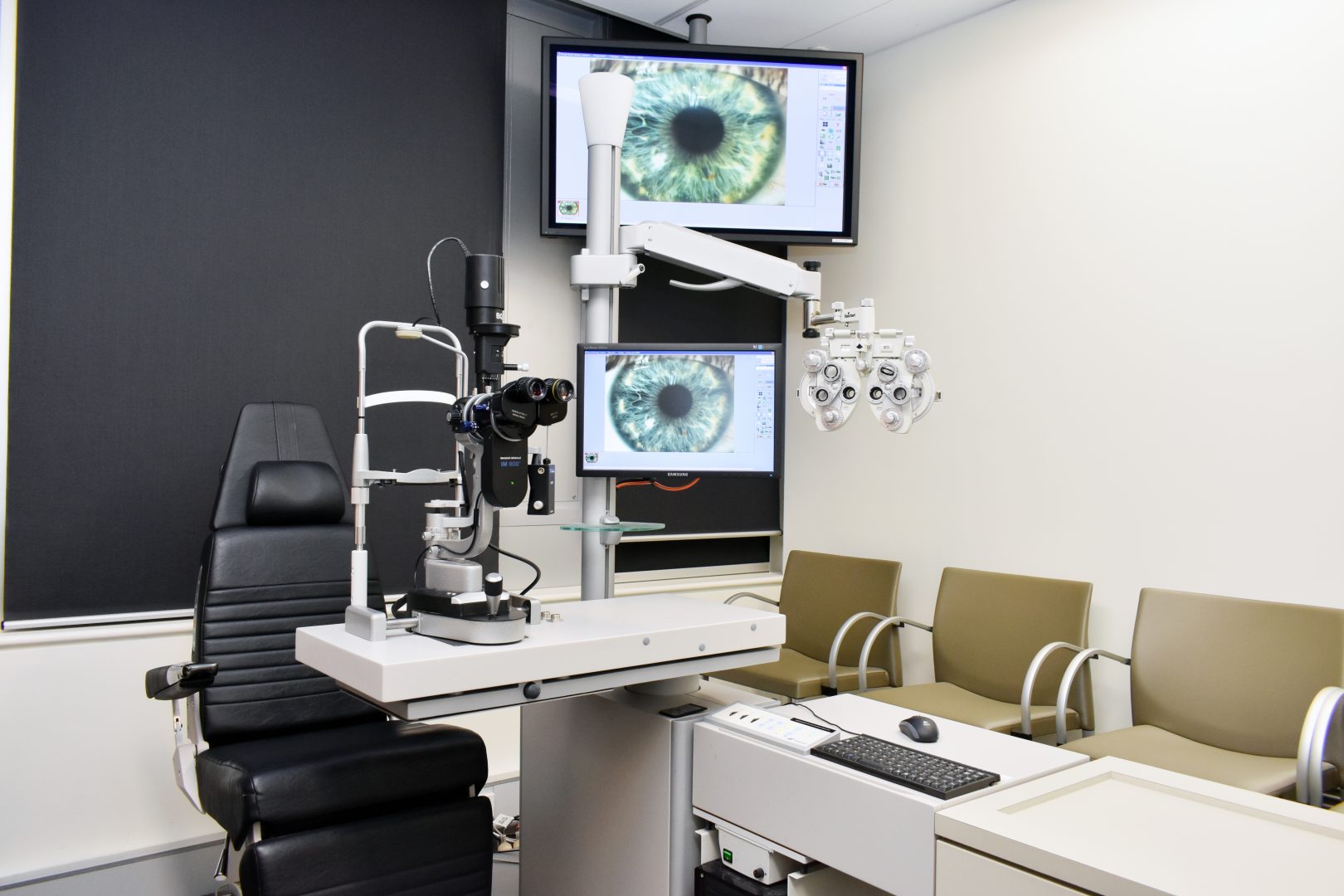
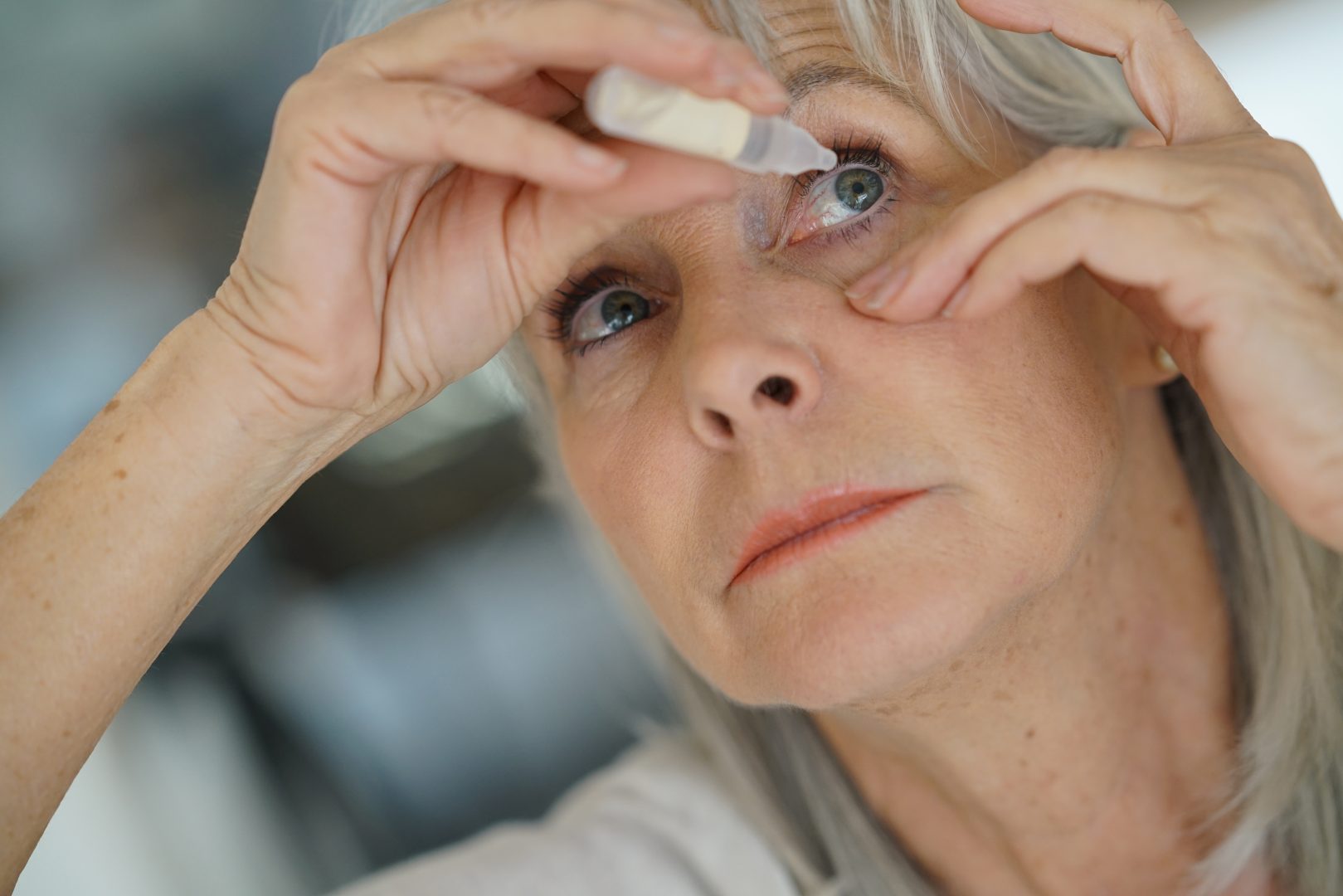
What is a Low Vision Assessment?
A low vision assessment is delivered by a low vision care team. A low vision care team is a coordinated and collaborative system of services designed to maximise independence and quality of life for people with low vision. Services may include vision evaluation and eyecare, provision of assistive devices, training to promote safe and efficient travel, and psychological services. The goal of low vision care is to optimise outcomes defined by the person with low vision that increase their self-defined independence and quality of life.
What is a low vision professional?
Low vision professionals promote strategies that will maximise effective use of remaining vision. Low vision professionals are often a team of multidisciplinary service providers with differing skill sets that collaborate to deliver on a person’s goals. Team members come from a variety of backgrounds and the composition of the team depends on the needs of the person with low vision. Members can include orthoptists, orientation and mobility specialists, occupational therapists, psychologists, teachers, and assistive technology specialists. The most important members of the team will be the person with low vision and their families.
What is functional vision?
Functional vision refers to an individual’s ability to use their vision in everyday tasks such as reading, working, getting around independently, and watching TV. There are six areas to consider when assessing functional vision. These include:
- Visual acuity (a measurement of what we can see at specific distances, often assessed with a reading chart)
- Visual field (what we can see from the corner of our eyes, our peripheral vision)
- Contrast sensitivity (the ability to distinguish objects with varying degrees of contrast from one another, eg: grey text on a light greyish background)
- Light sensitivity of the eyes
- Colour discrimination
- Control of our eye muscle movements, which is called oculomotor control
What is a low vision eye assessment?
A low vision assessment, often performed by an orthoptist or optometrist, primarily assesses how a person applies his or her vision in real-life tasks or environments outside the clinical setting. It may investigate many of the same factors as a basic eye examination, but it involves the use of different techniques.
A low vision assessment will provide a person with low vision with personalised guidance designed to suit their vision and lifestyle needs.
What happens during a low vision assessment?
During a low vision assessment, you can expect:
- An assessment of your functional vision in a natural environment like your home or workplace
- A discussion of your goals and what you hope to achieve
- Trial and recommendations of good quality and appropriate low vision aids that would be best suited to your individual circumstances
- Strategies and practical tips to navigate daily tasks and to overcome challenges associated with vision loss
By addressing these key aspects during a low vision appointment, individuals can better understand their condition, set achievable goals, and access the necessary support and resources to navigate life with low vision.
For more information
- Take a look at Guide Dogs low vision assessment services
- Always speak to your GP and eyecare professional about the best treatment options for you


